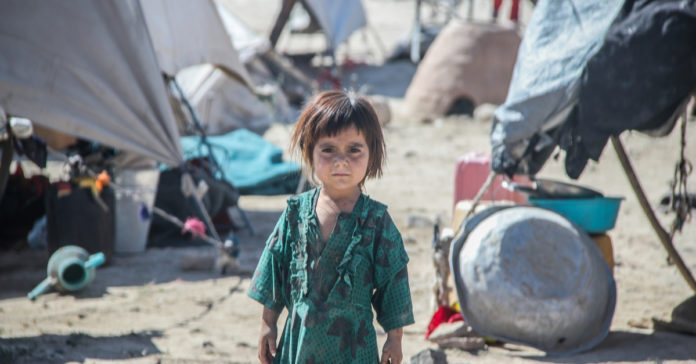Afghanistan’s healthcare system is on the brink of collapse, the director general of the World Health Organisation (WHO) Tedros Adhanom Ghebreyesus has warned after completing a mission to Kabul.
His statement came after he met members of the Taliban leadership, WHO staff, UN partners, patients and health care workers in Kabul.
“Unless urgent action is taken, the country faces an imminent humanitarian catastrophe, said the WHO chief.
“Our visit allowed us to witness the immediate needs of the Afghan people first hand and to meet with stakeholders to define ways to urgently scale up our health response,” he added.
According to the statement by WHO: “Cuts in donor support to the country’s largest health project, Sehetmandi, has left thousands of health facilities without funding for medical supplies and salaries for health staff. Many of these facilities have now reduced operations or shut down, forcing health providers to make hard decisions on who to save and who to let die.”
To support the crumbling healthcare of the country, the UN’s top humanitarian official, Martin Griffiths, released $45 million from an emergency fund earlier this week.
“Only 17% of all Sehatmandi health facilities are now fully functional. This breakdown in health services is having a rippling effect on the availability of basic and essential health care, as well as on emergency response, polio eradication, and Covid-19 vaccination efforts,” the WHO statement added.
Subscribe to our newsletter and stay updated on the latest news and updates from around the Muslim world!
The WHO further said nine out of 37 COVID-19 hospitals in the country have already closed and responses to the pandemic have dropped, including surveillance, testing and vaccination.
Tedros also called for swift action in order to achieve the national target of immunising at least 20% of the country’s population by the end of this year.
“In recent weeks, vaccination rates have decreased rapidly while 1.8 million COVID-19 vaccine doses in the country remain unused,” the WHO said.
The WHO added that Afghanistan remains one of two countries where polio is endemic. “There has never been a better time to eradicate polio. However, the polio programme will struggle to respond if the basic immunisation infrastructure begins to collapse around it,” the WHO noted.






















